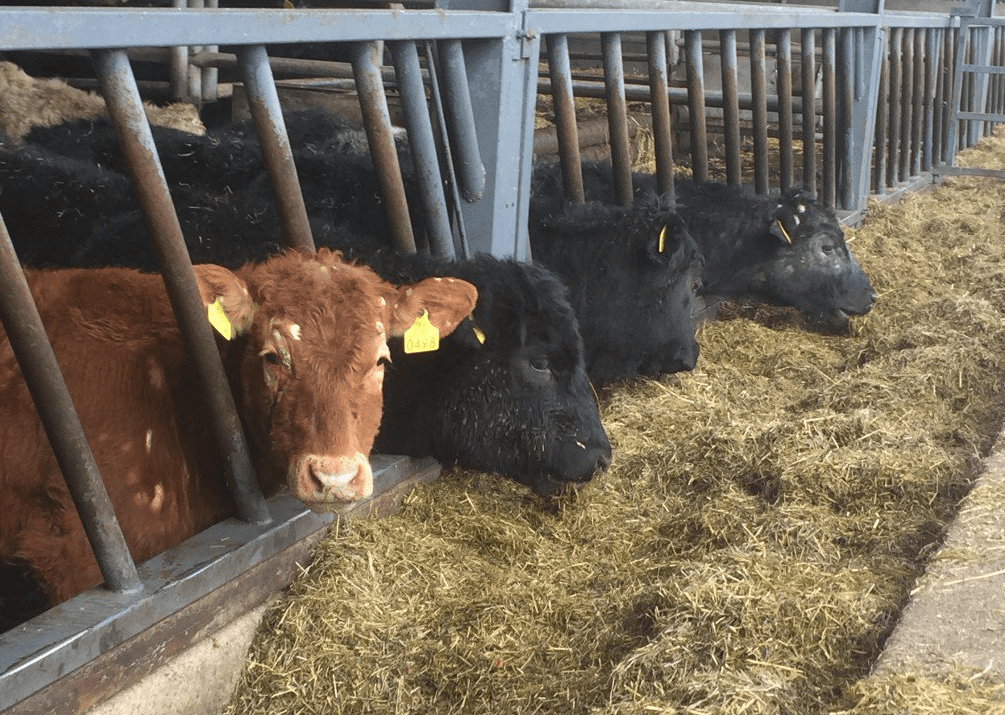The level of financial supports provided through the bovine TB (bTB) Eradication Programme as compensation should be re-examined, according to the 2019 spending review into TB eradication, conducted by the Department of Agriculture, Food and the Marine.
Options such as capping compensation levels and reviewing rates more frequently were deemed “worthy of further consideration”, according to the review.
Compiled by the Economics and Planning Division of the department, the review states that financial supports should be “balanced to offset some of the losses incurred, but also to counteract the moral hazard of potentially encouraging excessive risk-taking behaviour”.
“Accordingly, the level of financial supports should be re-examined following an independent cost benefit analysis of the entire programme which has been proposed in the recent TB Stakeholder Forum Report.”
This would incur significant further costs for stakeholders, the report stated.
Programme costs have increased by €8.2 million – some 10% – since 2015 despite the stable levels of herd incidence.
This was mainly driven by an increase in financial support payments to farmers accounting for €4.7 million of this increase.
In 2018 in net terms, the Exchequer provided €46.8 million (51%) to the Programme with €9.7 million (11%) and €35.1 million (38%) contributed from the EU and farmers respectively, for a total net cost of €92 million, the spending review notes.
On the matter of financial supports, the review adds: “In examining the impact of support payments on farmer behaviour in bTB eradication programmes, other jurisdictions have raised concerns that compensation may reduce the incentive for industry to take ownership of the problem.
It is questionable whether allocating €18.6 million (20% of programme costs) for financial support for the 3.5% of affected herds is consistent with these guiding principles.
The report also noted that “the international experience indicates a shift toward knowledge transfer activities to promote on-farm behaviours that can improve biosecurity against the risk of bTB, and capping compensation regimes and/or reviewing existing rates more frequently.
“These options are worthy of further consideration for the Irish case,” the report said.
In its recommendations, the review stated: “The recent trends in expenditure on financial supports should be re-examined as they represent a main driver of the increasing cost of the bTB programme, and Ireland is unique in providing additional financial support above compensation for the loss of animals only.
This is not to say that there should not be any financial support for farmers as they endure significant hardship during a breakdown.
“However, given the observed significant cost increases for financial support at a time when herd incidence has remained broadly stable, this area warrants further discussion.”
